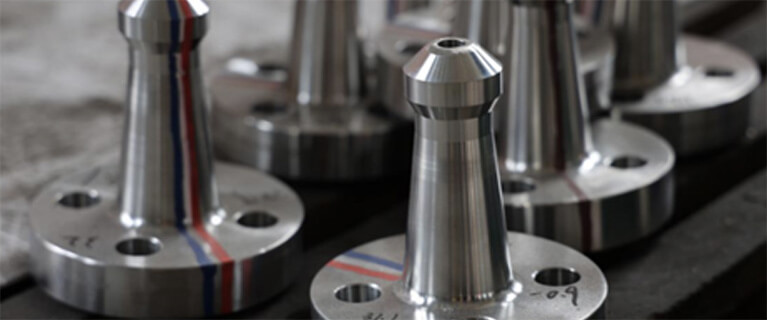Cuni is an abbreviation commonly used to refer to copper-nickel alloys. These alloys are composed primarily of copper (Cu) and nickel (Ni), with small additions of other elements such as iron (Fe) and manganese (Mn).
The most common types of copper-nickel alloys are CuNi 90/10 (90% copper, 10% nickel) and CuNi 70/30 (70% copper, 30% nickel).Copper-nickel alloys offer a unique combination of properties that make them suitable for various applications:
1. Corrosion Resistance: CuNi alloys have excellent resistance to corrosion in seawater and other marine environments. They are frequently used in seawater piping systems, heat exchangers, condensers, and offshore structures.
2. Low Fouling and Biofouling Resistance: Copper-nickel alloys possess antifouling properties, meaning they inhibit the growth of organisms such as barnacles and marine organisms on surfaces in contact with seawater. This property reduces the maintenance and cleaning requirements for equipment exposed to marine environments.
3. High Strength and Ductility: CuNi alloys exhibit good mechanical properties, including high strength and ductility. They can withstand high pressures and mechanical stresses, making them suitable for applications in the oil and gas industry, shipbuilding, and power generation.
4. Thermal Stability: Copper-nickel alloys maintain their mechanical properties at high temperatures without significant degradation. This makes them suitable for applications involving elevated temperatures, such as heat exchangers and power plant components.
5. Electrical Conductivity: Copper has excellent electrical conductivity, and the addition of nickel does not significantly diminish this property.
CuNi alloys are used in electrical and electronic applications where both electrical conductivity and corrosion resistance are required.Resistance to Biofouling: Copper-nickel alloys have been found to possess antimicrobial properties, inhibiting the growth of bacteria and other microorganisms on their surfaces. This property is beneficial in applications such as medical equipment, food processing, and water treatment systems.
Weldability and Fabricability: CuNi alloys can be easily welded and fabricated using common techniques such as welding, brazing, and soldering. They can be formed into various shapes and sizes, enabling their use in complex designs and structures.
Copper-nickel alloys find wide application in industries such as marine, oil and gas, power generation, chemical processing, and electronics. They are valued for their corrosion resistance, mechanical properties, thermal stability, and electrical conductivity.
